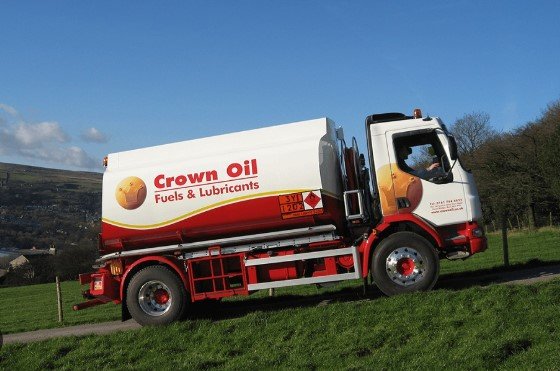Why Quality Matters When Choosing a Fuel Supplier

When it comes to fuel supply, not all options are created equal. Quality is a crucial consideration that affects everything from engine performance to long-term maintenance costs. The relationship between fuel quality and operational efficiency is clear—higher quality fuel can lead to a smoother operational experience, which in turn can save costs and enhance safety. Selecting the right fuel provider is a decision that can have a long-lasting impact on your business or personal use. Below, we’ll explore why this is an essential consideration and how it can determine the success of your fuel-dependent activities.
Understanding the Impact of Fuel Quality on Performance and Efficiency
Fuel quality directly influences the performance of engines, affecting both power output and fuel consumption. The best fuel suppliers provide high-grade fuel that burns cleaner, produces less residue, and prevents the buildup of deposits within the engine. This results in fewer maintenance requirements and a longer lifespan for the vehicle or machinery.
Impurities in lower-quality fuels can lead to clogged filters, injector damage, and increased wear and tear. Such outcomes not only require frequent repairs but also decrease the overall efficiency of the engine, leading to higher fuel consumption and operational costs over time.
In cold climates or under demanding operational conditions, the difference in quality becomes even more pronounced. High-quality fuel remains stable and performs reliably, whereas inferior alternatives might lead to starting problems or poor engine performance, potentially jeopardizing critical operations.
Choosing a supplier known for consistent quality, like a fuel supplier in Taber, can ensure you’re getting the best performance out of your fuel. This can mean the difference between smooth, uninterrupted service and a costly, malfunctioning engine lacking in reliability.
The Cost-Benefit Analysis of Premium Fuel vs. Budget Options
While premium fuel is often associated with higher upfront costs, it’s important to consider the long-term economic implications. Premium options may actually provide greater value over time by reducing engine issues and maintenance needs.
Using budget fuels can result in a false economy. Short-term savings may be quickly offset by the increased costs of repairs, part replacements, and the potential for operational downtime due to fuel-related problems.
A comprehensive cost-benefit analysis should factor in not just the price per gallon or liter but also the potential savings from decreased maintenance and increased efficiency. Higher-quality fuels can contribute to a leaner, more cost-effective operation overall.
Long-term partnerships with premium suppliers can also lead to negotiated rates, bulk discounts, or favorable credit terms, further enhancing the economic argument for going with a more reputable source for your fuel needs.
Assessing the Environmental and Regulatory Compliance of Fuel Suppliers
Environmental concerns and regulatory compliance are increasingly important in today’s market. It is essential to align with a fuel provider that adheres to high environmental standards and meets all regulatory requirements.
Suppliers who invest in cleaner-burning fuel and advanced technologies not only help protect the environment but also ensure that their clients are not subjected to fines or reputational damage due to non-compliance with environmental laws.
From biofuels to low-sulfur options, modern fuel suppliers are offering more environmentally friendly and regulatory-compliant fuels. Choosing a partner that stays ahead of the curve in this regard can position your operation favorably for the future.
Read also: Top Trends in Final Mile Tracking Every Business Should Know
The Importance of Customer Service and Support in the Fuel Supply Industry
Customer service excellence is a hallmark of a quality fuel provider. Accessible and knowledgeable customer support can make all the difference, especially when unforeseen circumstances arise that demand immediate attention.
A fuel provider with a dedicated support team can provide guidance on fuel management, help troubleshoot issues, and offer expert advice on optimizing fuel usage. This service can be invaluable for businesses looking to maximize productivity and profitability.
Additionally, fuel suppliers with a strong service ethos are more likely to offer flexible delivery schedules, custom billing options, and comprehensive after-sales support – all factors that can contribute to a smoother-running operation.
Altogether, the significance of choosing a high-quality fuel provider cannot be overstated. Not only does it affect day-to-day efficiency and performance, but it also impacts long-term operational costs, environmental sustainability, and compliance with regulations. Overall, investing time in researching and selecting the right fuel provider pays dividends, ensuring your operation runs smoothly and sustainably for years to come.





